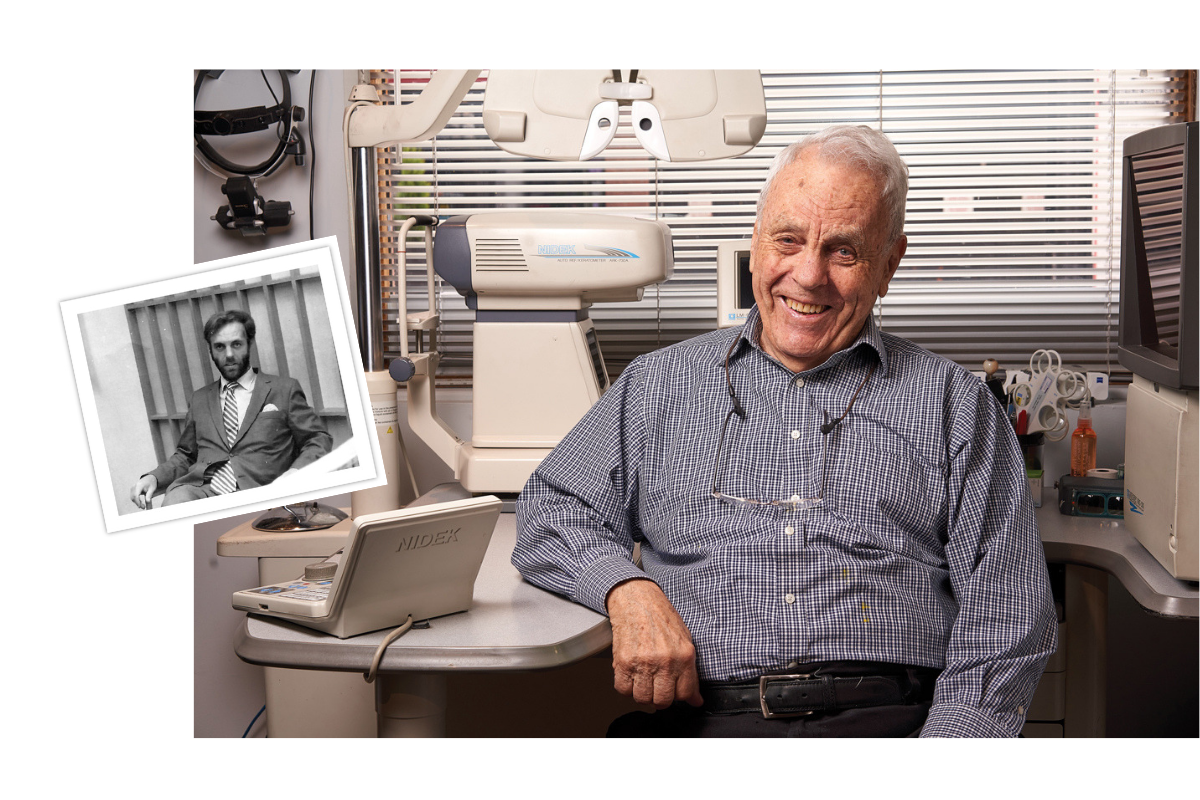
Does PrEP lower your immune system?
HIV and AIDS are words that are often used interchangeably, but they are, in fact, very different. HIV stands for human immunodeficiency virus. This virus is transmitted from one person to another through bodily fluids such as blood, semen, anal discharge, or vaginal discharge. Typically, HIV is transmitted through unprotected sex and the use of intravenous needles. However, you can also pass the virus through blood contamination and from a mother to her fetus.
Someone can go several years without knowing that they have HIV. In fact, it’s estimated that 1 in 7 people are unaware that they are HIV positive because they’ve never had an HIV test. Then over a period of ten years or so, the immune system of a person with HIV will become compromised, and they will develop AIDS. Therefore, early detection and the prescription of HIV treatment drugs are crucial.
HIV and The Immune System
To fight off infections, your body’s immune system produces healthy white blood cells called T cells. However, when an HIV cell takes hold of a T cell, it destroys its reproduction ability. By contrast, HIV cells replicate by latching onto T cells and uses their proteins to duplicate and grow. Therefore, when a person contracts HIV, HIV cells will start to reproduce in the body. In response, the immune system will pump out more T cells to try and fight off the virus, but the HIV cells destroy the T cells and use their proteins to take over more of the body.
Eventually, the body’s immune system will become completely overwhelmed and helpless in the face of any disease. Therefore, even a small cold may have devastating effects. Then, once the body’s immune system gets significantly weakened, a person will be diagnosed with AIDS, which stands for Acquired Immuno-Deficiency System.
PrEP
Pre-exposure prophylaxis or PrEP is a medication that lowers a person’s risk of contracting HIV by 99%. It works by building walls around T cells. These walls prevent the virus from passing into the healthy cells and reproducing. As a result, your body’s immune system will continue to function optimally.
Potential Side Effects of PrEP
PrEP side effects are not common, but when they do occur, the most typical are:
- Nausea
Nausea is often described as a feeling of queasiness, unease, or discomfort in the stomach and sometimes the desire to vomit. In most cases, nausea caused by PrEP will dissipate within the first few weeks of taking the medication. However, some PrEP users have found that taking the drug with or soon after a meal reduces the occurrence of nausea.
- Headaches
There are a number of reasons that someone may experience a headache. For instance, being dehydrated or not getting enough sleep. However, headaches can also be triggered by certain medications. If you experience severe or persistent headaches when taking PrEP, you should speak with your doctor. Your doctor may recommend taking a form of paracetamol to help relieve you of your headaches. Otherwise, they generally subside within a few weeks to a month after your first dose.
- Diarrhea
Diarrhea is an uncommon side effect, but it does happen that PrEP users have looser or runnier bowel movements and may have to go to the bathroom more frequently. However, research suggests that this will subside within three to four weeks. However, if the severity increases, you should get in touch with your doctor.
Additionally, some PrEP users experience longer-term side effects. These include:
- Kidney Health
It’s not common, but PrEP can affect the health of your kidney, which is why regular kidney examinations are a part of PrEP treatment.
- Liver Health
In very rare instances, PrEP may affect the health of your liver. Therefore, if you notice your skin or the white parts of your eyes turning yellow, have dark “tea-colored” urine, light-colored stools, or loss of appetite for several days or longer, you must mention this to your doctor.
- Loss of Bone Density
PrEP, in rare cases, may cause a loss of bone density. This can lead to a higher chance of bone fractures. If this happens, you can stop taking PrEP, and your bone density will eventually recover.
Photo: Hannah Busing, Unsplash











